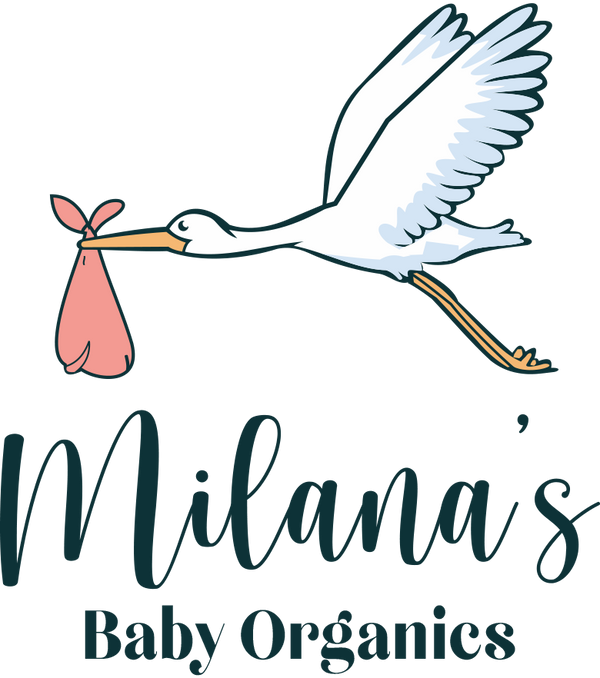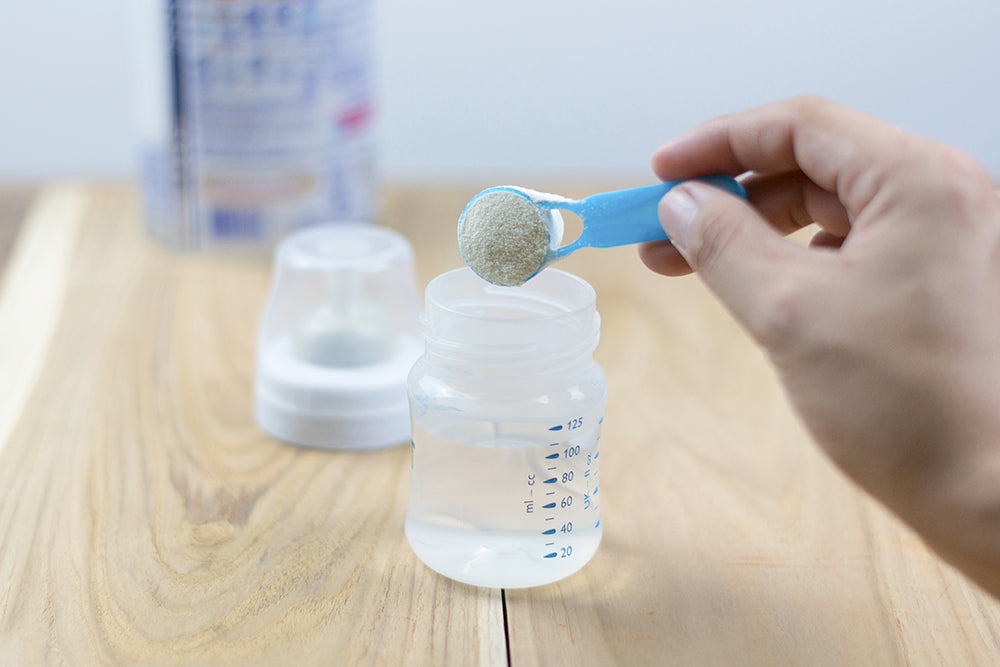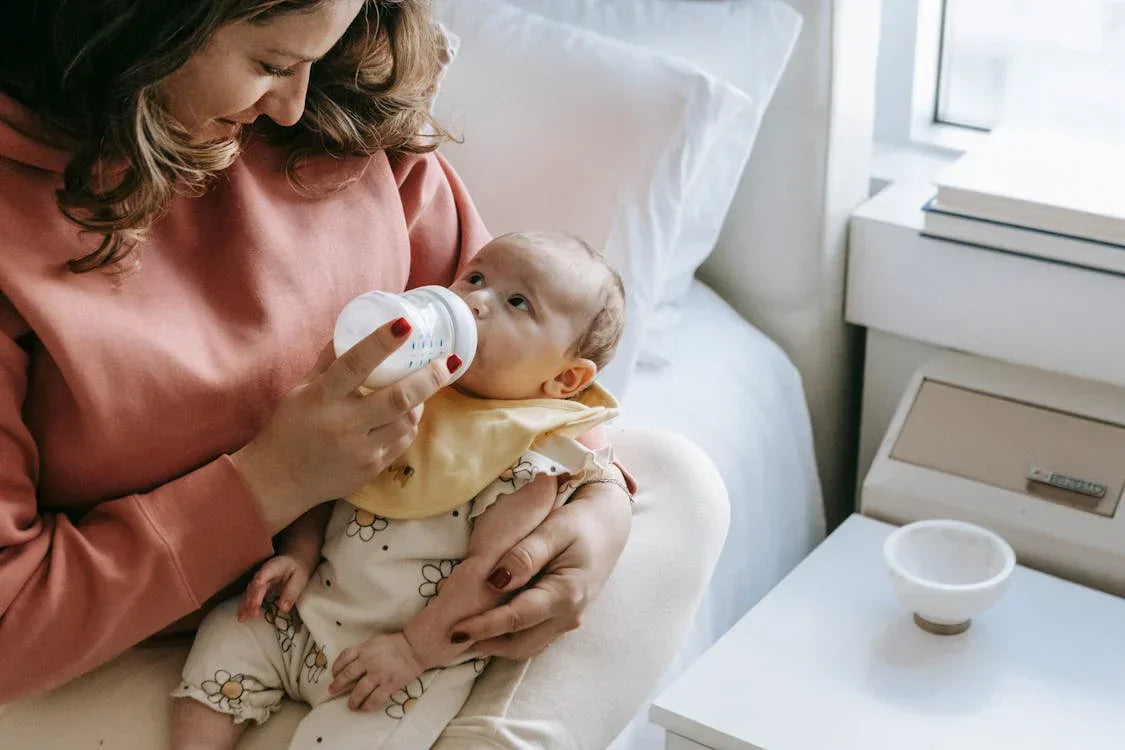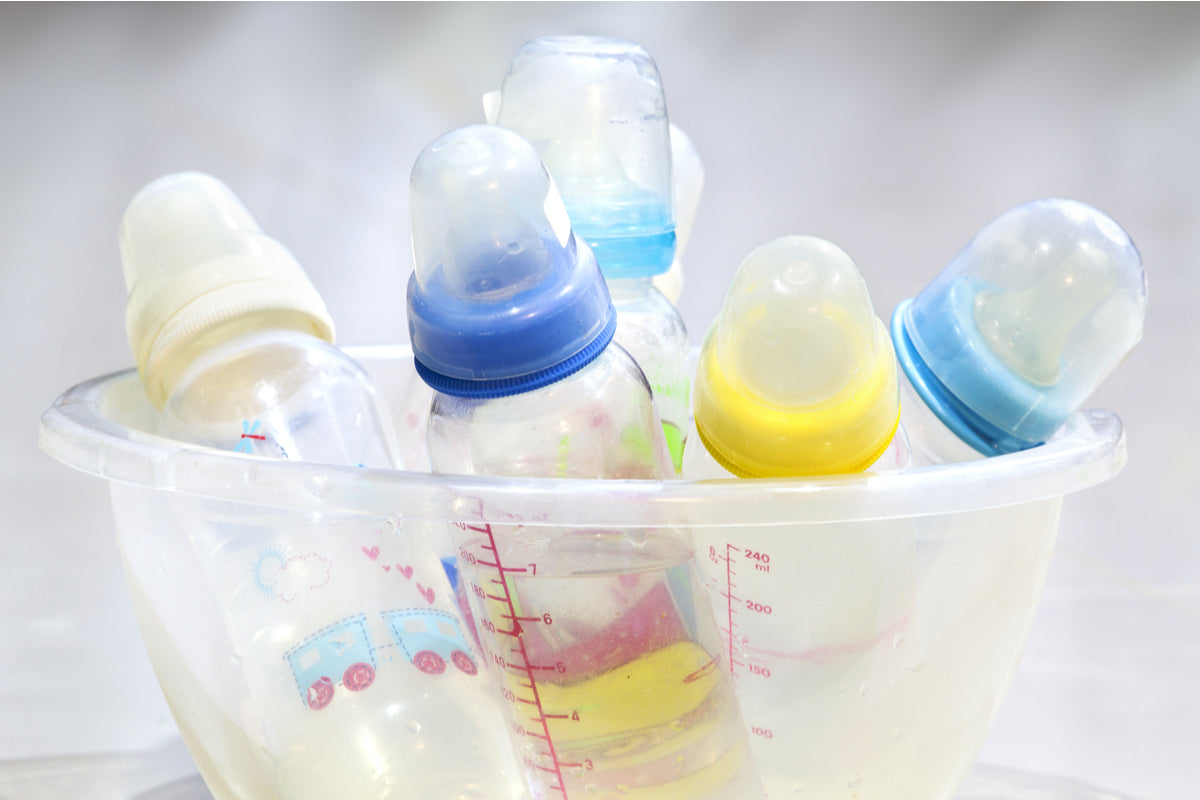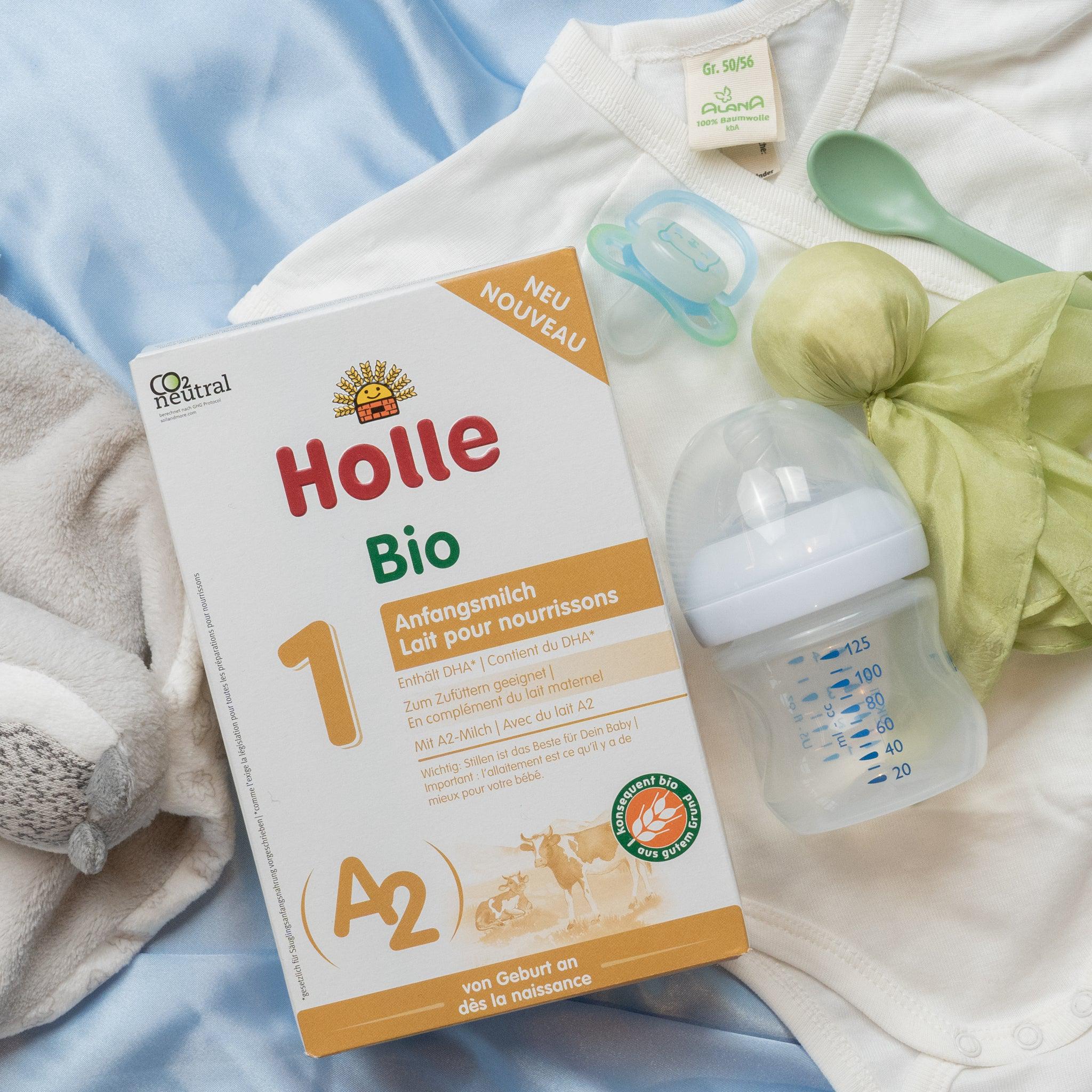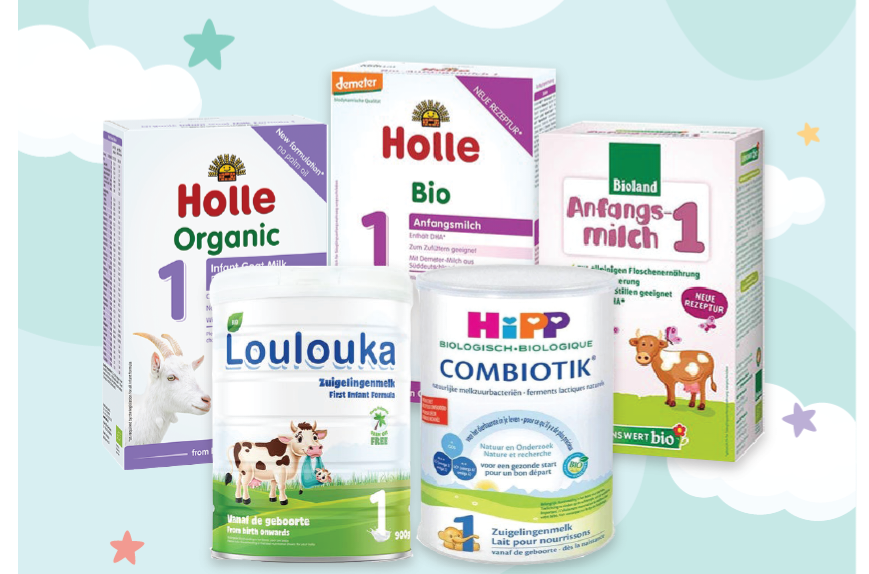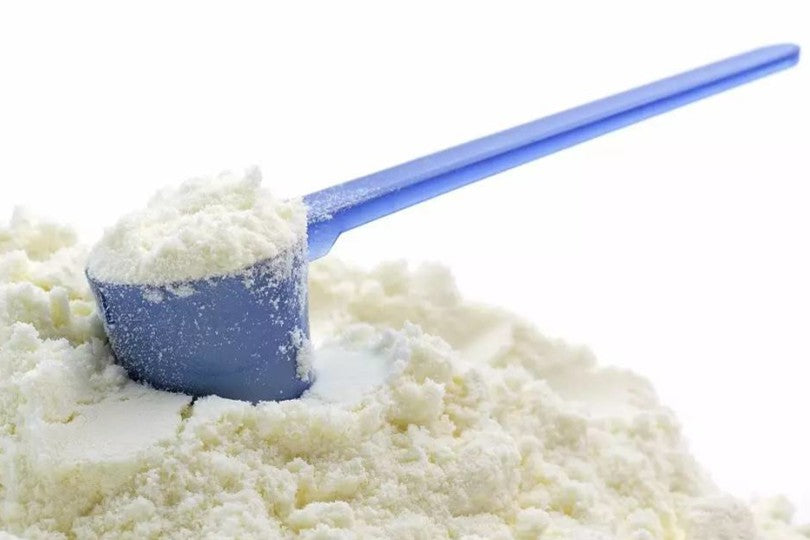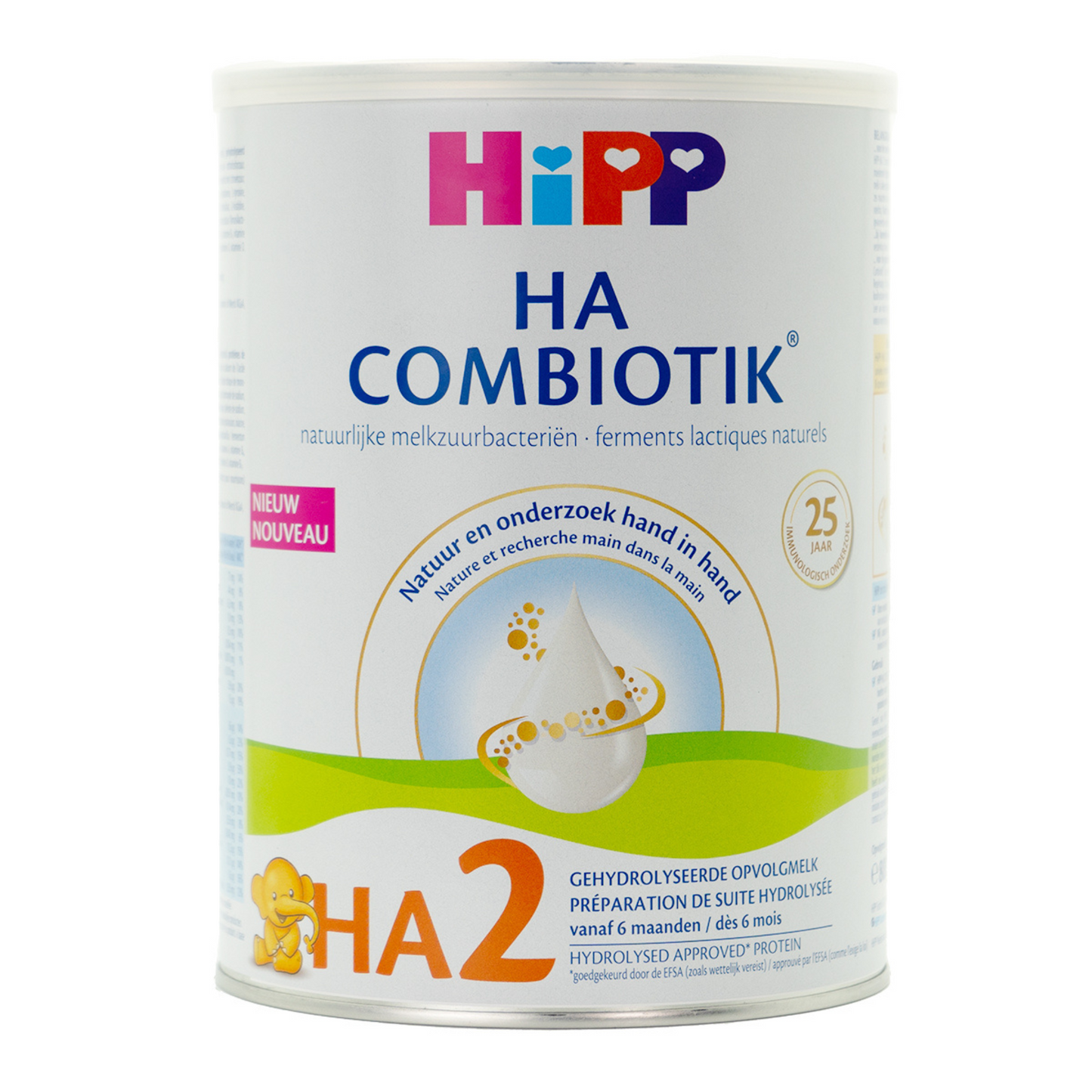
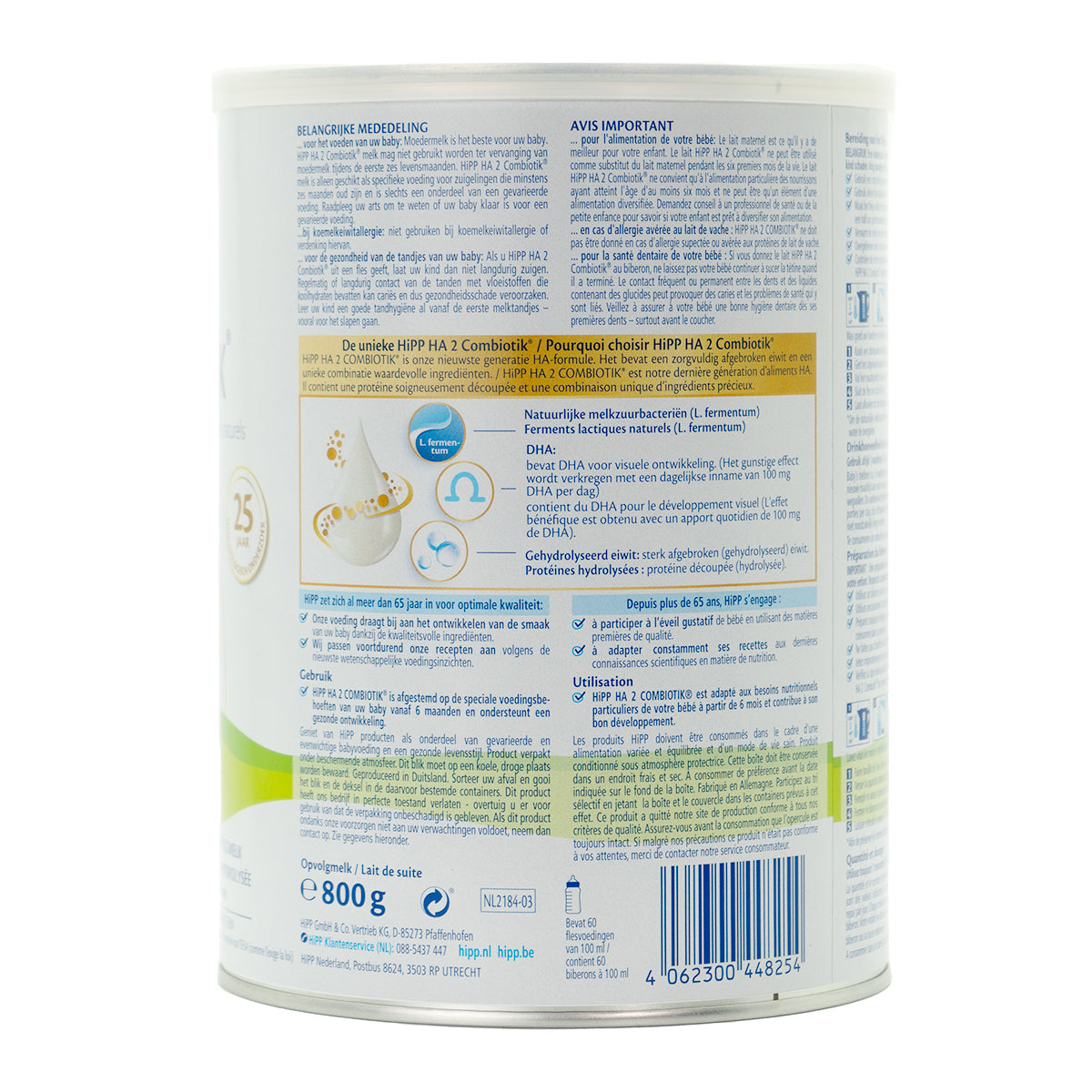
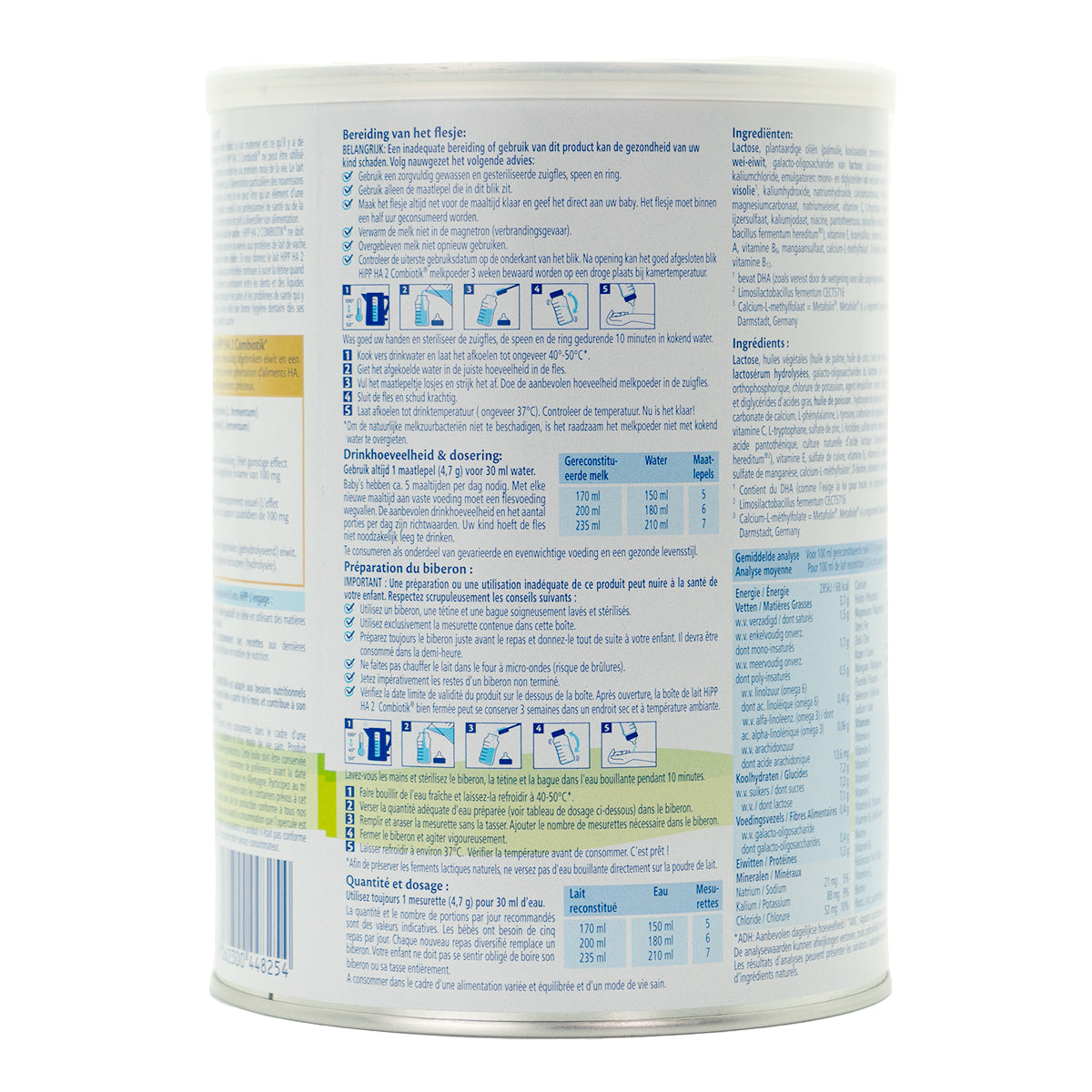
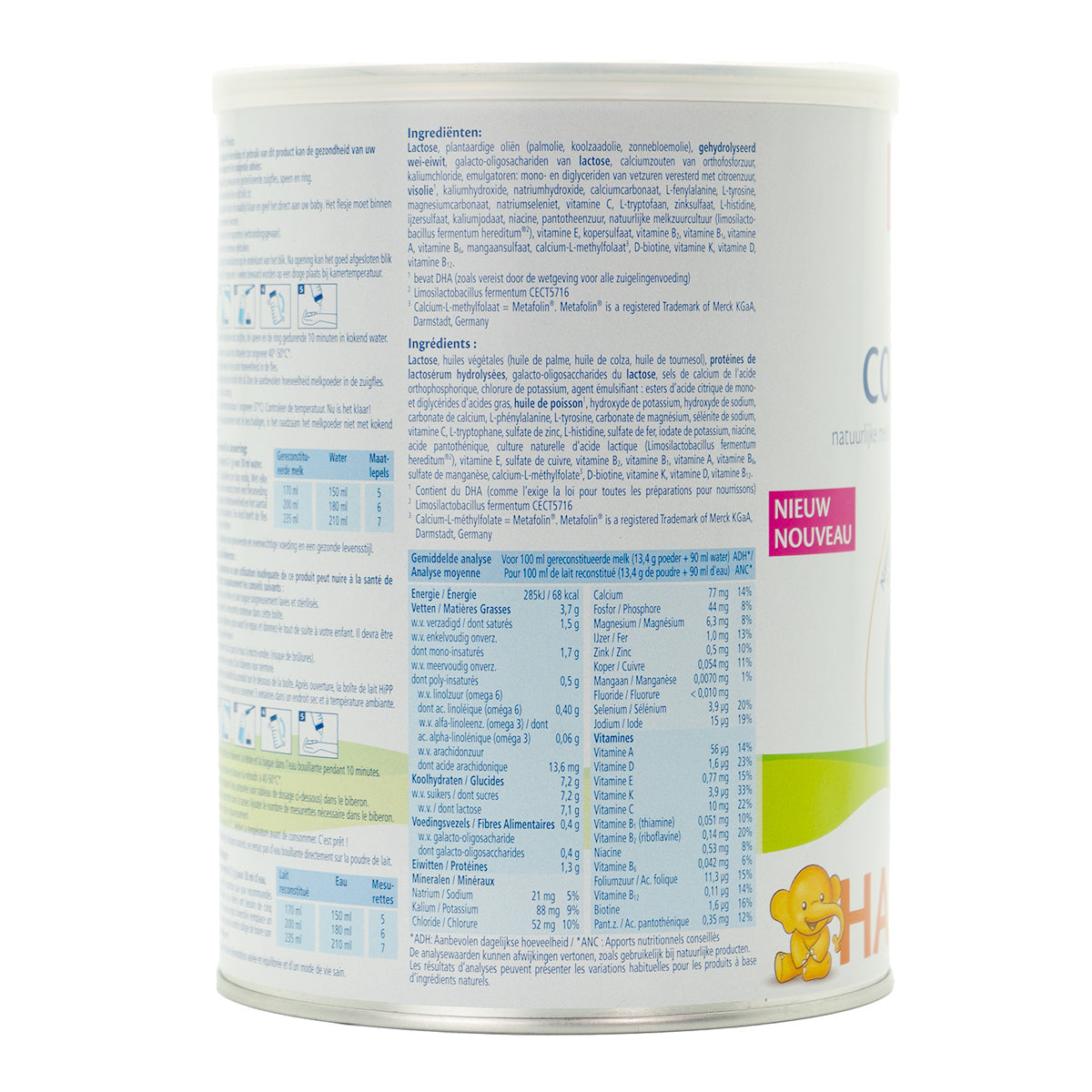
HiPP HA Dutch Stage 2 Hypo Allergenic Formula (800g)
HiPP HA Dutch Stage 2 Hypo Allergenic Formula (800g)
FAQ
Is European baby formula safe for my baby?
Yes! European formulas are subject to strict regulations by the European Commission and are known for their high-quality ingredients, often including organic milk and minimal additives. We only source from reputable, certified brands.
How is European formula different from U.S. formula?
European formulas often contain fewer additives, no corn syrup, and a greater focus on organic, non-GMO ingredients. Many parents also appreciate the options tailored to specific stages of development.
What if I have questions or need help choosing a formula?
Our customer support team is available to assist you. You can contact us via email at Sales@milanasbabyorganics.com.
Recent blog posts
